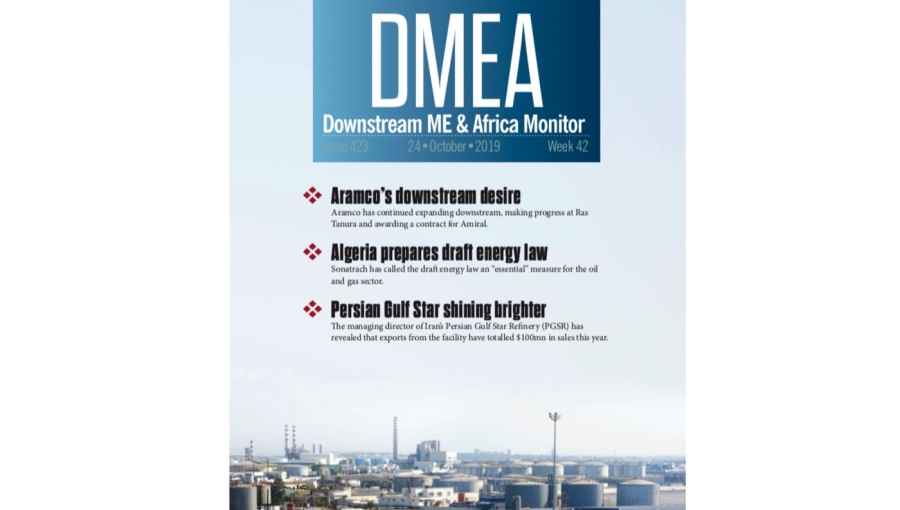DMEA: Pipeline promise in Africa

This week’s DMEA looks at a proposal for a major new pipeline to increase energy security in Zimbabwe and the securing of crude feedstock for a new refinery.
UK-registered Coven Energy has proposed the construction of a $850mn fuel pipeline to provide greater energy security to Zimbabwe, which is heavily reliant on the Beira-Feruka link.
The second link is seen providing a more cost-effective alternative, through which around 90% of Zimbabwe’s fuel is supplied.
The addition of a second pipeline has been under discussion since 2014 but little progress has been made, as the plan was still being evaluated in Harare. In early 2019, several companies expressed interest in building such a conduit under a project estimated to cost more than $1bn.
Zimbabwe has sought greater investment because the landlocked country has faced severe shortages of petroleum products, partly caused by transport constraints and scarcity of foreign exchange required to finance imports, leading to long queues at fuel stations.
Speaking to The Zimbabwe Mail, a source with close knowledge of Coven’s proposal said: “This is a complicated and rather confidential project given the conflicting interests. The Feruka pipeline now is underutilised because it is overpriced. The reason for that relates to the people who control the pipeline in Mozambique. This is something that has to be attended to in the short term.”
Meanwhile, the governor of Nigeria’s Edo State said this week that the Edo Modular Refinery at Ologbo would receive crude oil feedstock from the Escravos line via a conduit that runs to Lagos.
Godwin Obaseki said that the crude sales agreement is being finalised ahead of the beginning of operations, which are tabbed to kick off in August.
“What we have left now is to finalise the crude oil sales contract; these facilities have to get a certain type of crude from the Escravos line and that is being finalised. I hope that before the end of August we should start lifting products from these facilities,” he said.
The Escravos-Lagos Pipeline System (ELPS) has a diameter of 36 inches (914 mm) and is around 340 km long.


Follow us online